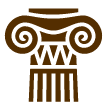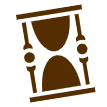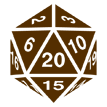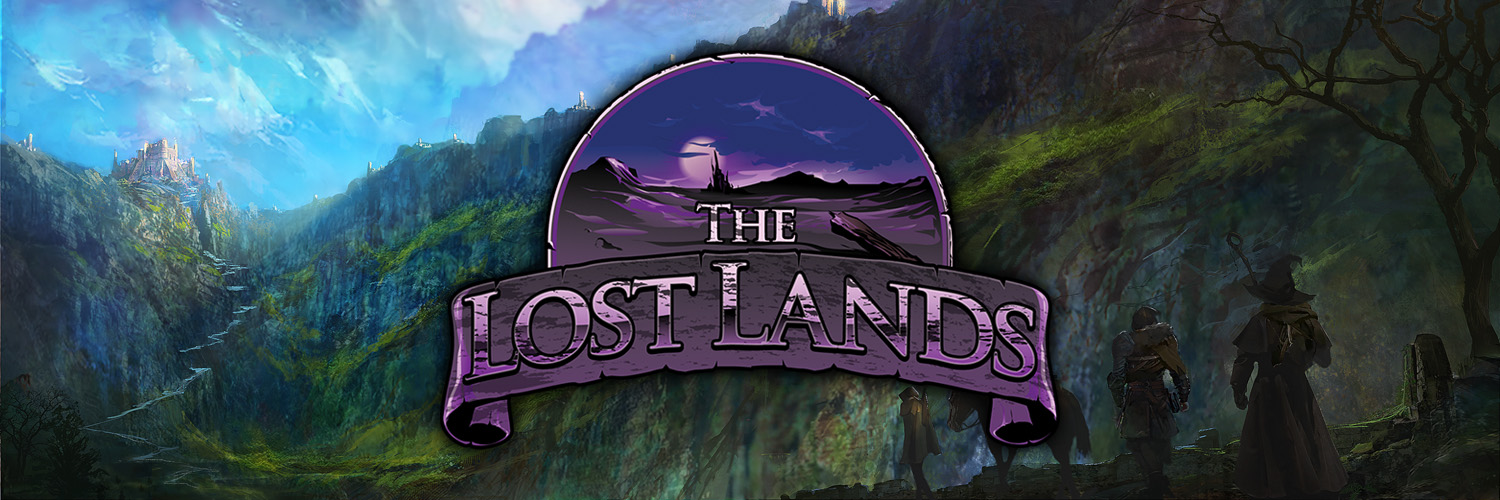Peleth
The City-State of Peleth is best known for its production of copper and brass items. The area has a large open copper mine and other smaller mines that produce some copper and also zinc. The copper is used to make all sorts of items for trade from household goods to cabb’e pots and burners to pieces of jewelry. The brass made here is used for such things as musical instruments, locks and keys, astrolabes, vessels and fonts, and large cast decorative objects. In the past, metalmasters of Peleth have traded to places in Jaati for tin and thus made bronze, including casting monumental statues for the Hyperborean Empire. There has been little call for such monuments in the past millennium or more, though, so the current masters have no experience with that.
Although most of the initial smelting goes on nearer the mines, the city of Peleth is full of metalworkers, and the city usually smells strongly of smoke and hot metal. Despite the sometimes-uncomfortable atmosphere, the people are proud of their work and their city. Many buildings are ornamented with bright brass or rosy copper and fountains ring in metal basins. Some crafters work in partnership with enamelers in Mirsim to produce highly decorated base items (including jewelry) and then send them on to the enamelers to add color, thus increasing the value substantially.
The City-State of Peleth does have one quirk: for an area so full of fire and forges, it is remarkably intolerant of alchemists. Any person who seems to be an alchemist is likely to be met with remarks such as, “We don’t serve your kind here” and “You’d be better off just getting out of the area altogether.” If queried, citizens’ responses include “They’re just dangerous” and “Everyone knows they can’t be trusted,” although no one points to any specific proof.
The governance of Peleth is handled by a council of patricians. The various towns and guilds of the city-state nominate members who are educated, reliable, and local leaders or upstanding guild members, to a list of eligible persons. Every two months, nine people are chosen randomly from the list to serve as patricians. No one ever has to serve more than two months at a time, so this civil service is not too great a hardship on businesspeople. The list itself is refreshed every five years. The leader of the council is also chosen by lottery and is called the banner holder — literally the person in charge of the city’s banner for the next two months. The banner holder has the right to represent the city-state by making proclamations, entering into agreements, and so on. Other offices are elected by the citizens.
The primary deity worshipped in the area of Peleth is Dre’uain, god of smiths and crafters. Another one is Note, who is a god of stringed instruments and music in general, and the instrument-makers often invoke him in their work and performances. The Church of Marwan (a sect of the Mah-Barek religion) also has a temple here that often features instrumental performances, both at the temple and impromptu ones in public locations.
Settlement
Peleth, City-State of
Type
City
Owning Organization











Comments